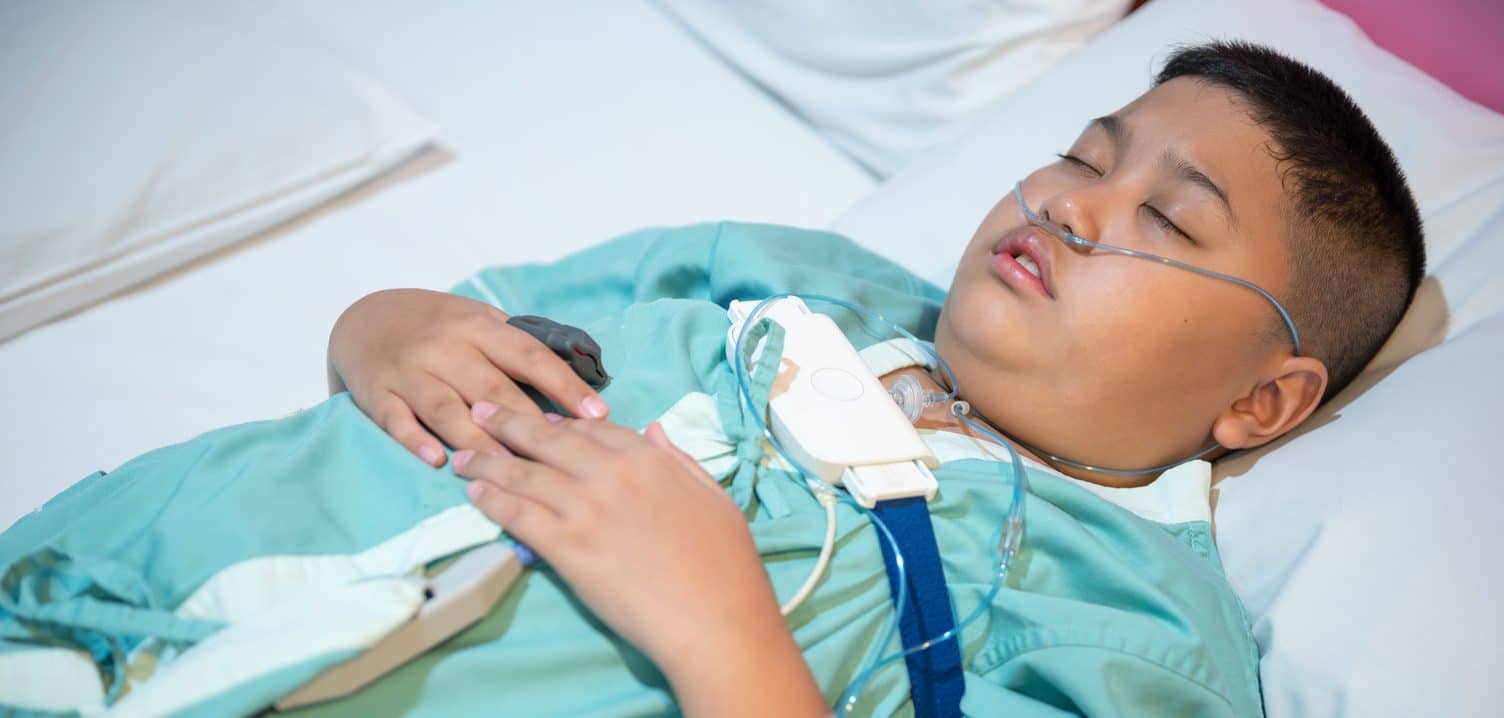ANSWERS TO YOUR MOST FREQUENT MWT QUESTIONS
There are a number of diagnostic tools that sleep medicine specialists can use to evaluate patients. You may have already heard about overnight sleep studies, in which a technician monitors a patient in a lab setting while he or she sleeps. But you might be surprised to learn that some sleep disorder studies can be done while patients are awake. Here’s what you’ll need to know if your doctor has recommended a maintenance of wakefulness test (MWT).
What’s the purpose of the MWT?
With the MWT, the sleep medicine doctor can evaluate how well you’re able to stay alert and function normally during the day. Usually, a MWT is done when patients are diagnosed with disorders that affect daytime functioning, like sleep apnea and narcolepsy. It’s particularly important to perform an MWT if a patient might have a risk of daytime accidents because of sleepiness.
What do I need to do to prepare for the test?
Beforehand, the specialist will determine whether there are any factors that may affect the accuracy of the results. These can include the amount of sleep you got before the test. Caffeine, tobacco, and certain medications can also affect the results, and you may be asked to avoid these substances beforehand. Many patients are asked to have an overnight sleep study the night before the MWT.
What happens during the test?
On the day that you’re scheduled to have the MWT, you’ll actually have four tests. These are scheduled at two-hour intervals. Normally, the first test starts between 1.5 and three hours after waking up. The technician will place sensors on your skin. During each of the tests, you’ll need to remain in the bed, staying still and trying to stay awake without engaging in any activities. If you can stay awake, the test will end after 40 minutes. You’ll repeat it later that same day.
Here at Sleep Dynamics, we provide a full range of diagnostic services, including maintenance of wakefulness tests. Our skilled sleep medicine doctors and technicians will work one-on-one with you to develop an effective treatment plan that allows you to get the restorative sleep you need each night. Get in touch today at (848) 217-0240 if you think you might have a sleep disorder and you live in New Jersey.



